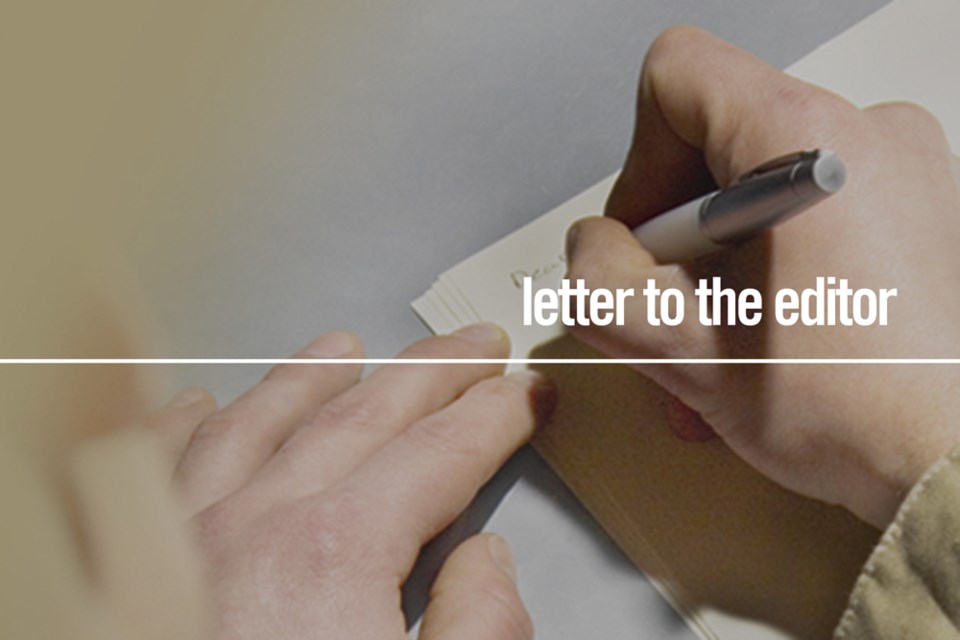Coverage by the Gazette’s Kevin Ma on the draft K-6 Alberta curriculum has been detailed and appreciated. Viewing the results of the StAlbertToday.ca poll on the curriculum, I see that 77 per cent feel "It needs a total overhaul" and 23 per cent voted for "It’s great" or "Some good, some bad." To those who feel the negative reaction might be a tad overblown, I ask them to consider the purpose of a curriculum. As a first-year teacher in the 1980s in St. Albert, I quickly concluded that, in 12 years of schooling, it is impossible to teach children every fact they may need to know for their future lives and careers. My colleagues and I were preparing our students for jobs that had not yet been imagined. Highly successful curriculums previously created in Alberta, ranked highly on international tests, focused on equipping students with the skills to learn, to ask questions, to explore ideas and information, to see issues from multiple perspectives, to connect ideas, to evaluate sources of information, to detect bias, to think critically and creatively. Even young children are capable of developing these 21st-century skills with appropriate guidance and expectations.
Premier Jason Kenney and Minister Adriana LaGrange boast that the current draft K-6 curriculum provides a "strong base of essential knowledge for future learning." They are only partially correct: it is stuffed with Google-able factoids, arranged illogically, without a sense of organization or recognition of children’s developmental level. It is overloaded with far too much complicated content for anything beyond a surface-level skimming of superficial facts. The reality of our information age is that knowledge is not fixed; it is constantly changing and increasing exponentially, and accepted events must often be viewed through different lenses. For example, I was taught and taught my earlier classes, that our solar system contained nine planets. Then Pluto’s status as a planet was disputed. In Social Studies, in the early 1970s, I was taught that the building of the CPR in the 1870s was a glorious nation-building enterprise that brought Canada together. This project has, more recently, been examined for its impact on our indigenous and Métis peoples; its financial arrangements; and the exploitation of workers, especially those from Asia. The Last Spike had a dark underside that was historically ignored. To quote Dr. Joseph Alpert, "What is true today is often not true tomorrow" (2012).
Some of the curriculum’s more objectionable features may be edited, such as the Grade 6 requirement to know the KKK slogan; but the entire curriculum is based on an unacceptable back-to-the-basics foundation of memorizing facts. Premier Kenney promised to rid our schools of educational fads when, in actuality, he is ignoring decades of research into neuroscience and cognitive processes. If this curriculum is implemented, our children will be beautifully prepared for the 1920s, not the 2040s.
Joan Tod, St. Albert



